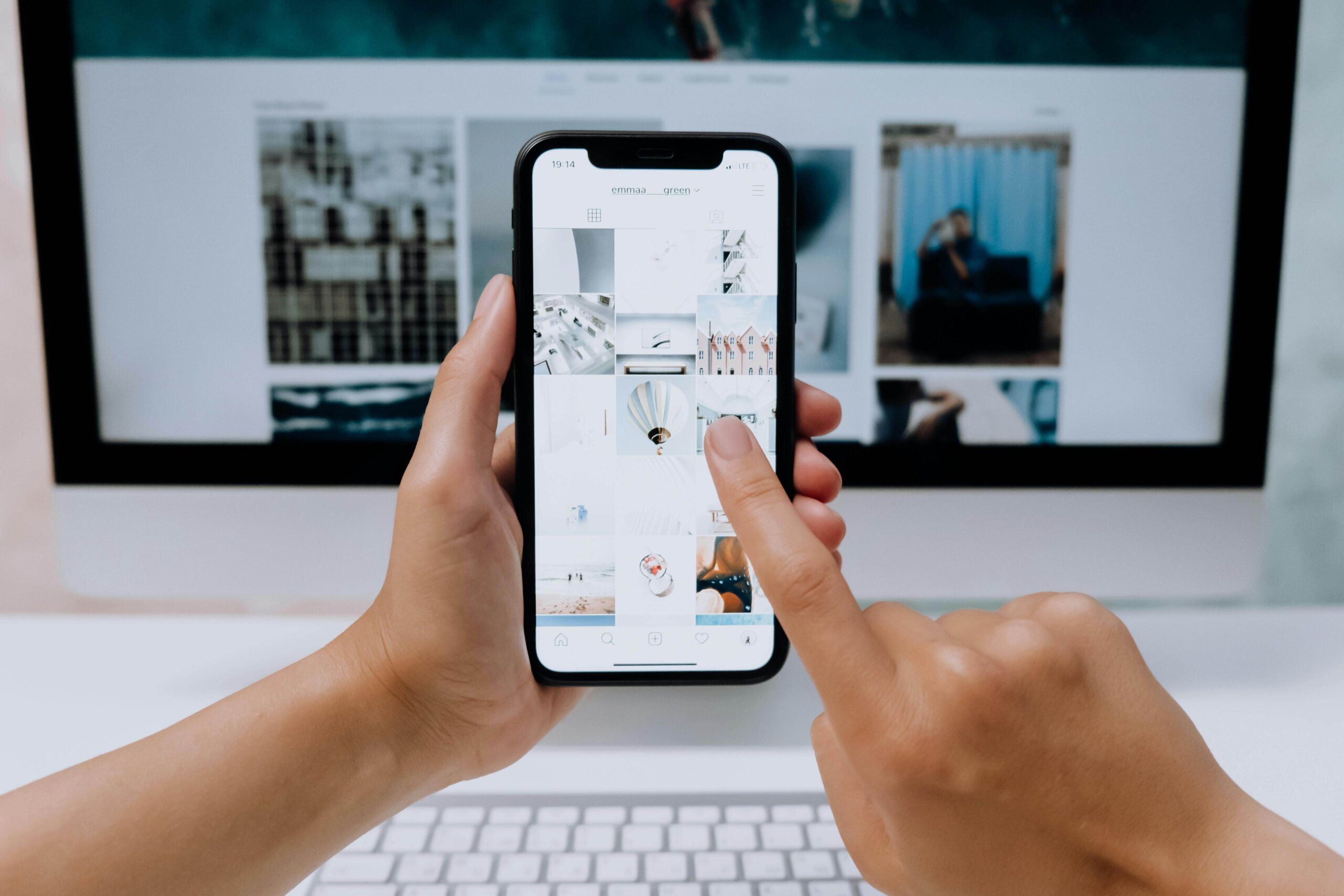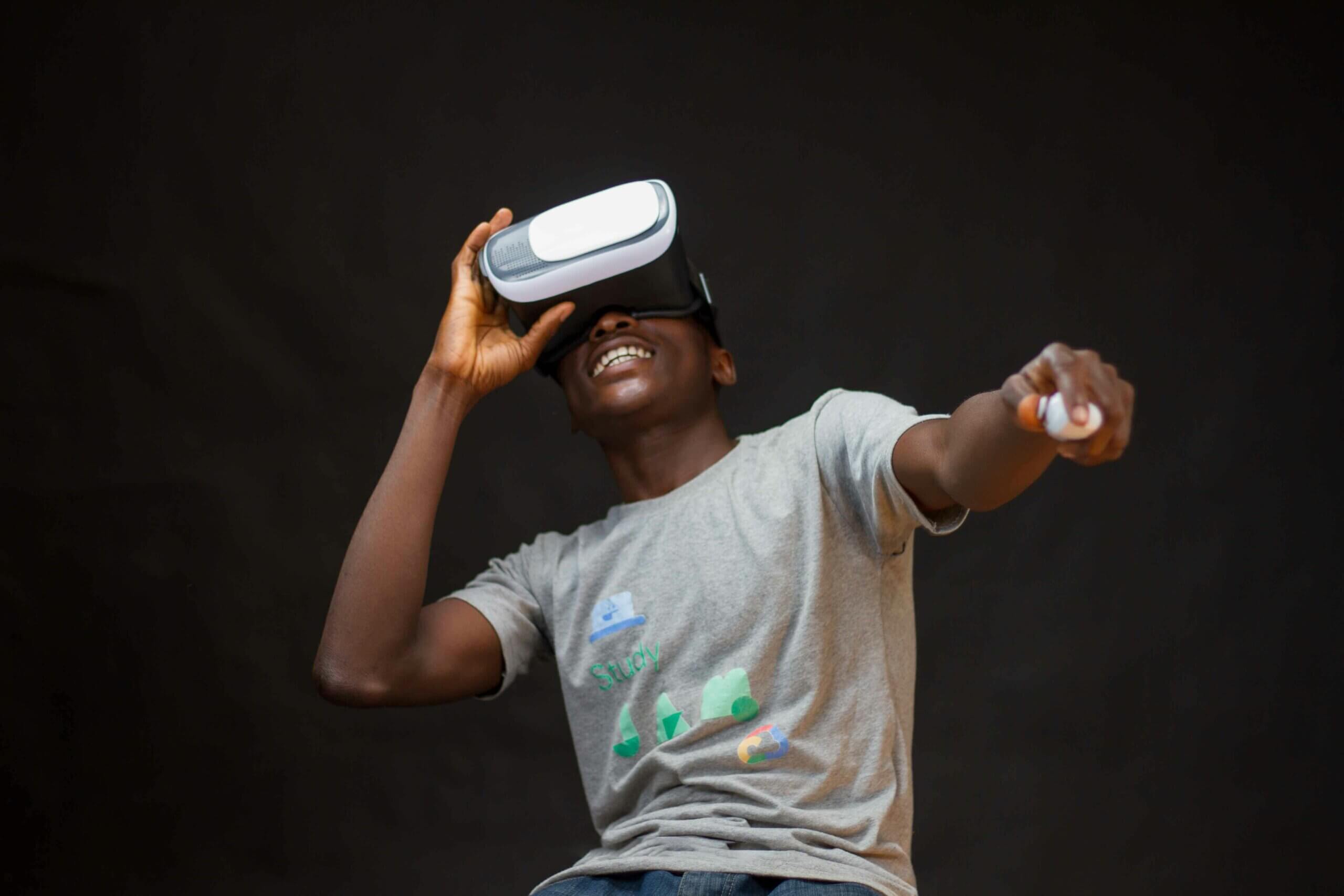Mobile security has become a significant concern in this digital age where we do virtually everything – from shopping to banking – on our mobile devices.
Using a VPN (Virtual Private Network) service on your iOS device can help enhance your online privacy and security. Let’s dive into the definition of VPNs, their importance, their functionalities on iPhones, as well as their advantages and disadvantages.
We’ll also talk about the optimal times to use a VPN and the process of setting up and removing one from your device. A comparison of Apple’s Private Relay and VPNs is also made to highlight their key differences and benefits.
Understanding The Basics Of VPNs
Virtual Private Networks (VPNs) are essentially a Software as a Service (SaaS) product that encrypts your online activity, adding a robust layer of protection to your data. Imagine you’re sending a letter through the mail, VPNs are like the envelope, shielding your message from prying eyes.
When you connect to the internet without a VPN, you’re essentially broadcasting your online activity to your Internet Service Provider (ISP) and anyone else who has the means to snoop. With a VPN, your data travels through a secure tunnel, masking your actual internet connection. Think of it as your personal cloak of invisibility online.
VPNs can also mask your IP address, making it appear as though you’re browsing from a different location. This can be handy for bypassing geographically restricted content. In a nutshell, VPNs offer you online privacy, security, and freedom. They are your ticket to a safer and more open internet.
VPN Functionality On iPhone
When you use a VPN on your iPhone, it establishes a direct, encrypted connection for all your online traffic. This means any information you send or receive is shielded from prying eyes, ensuring your personal data remains secure.
Using a VPN on your iPhone has unique functionalities that enhance your online security. Here are key aspects to note:
- It reroutes your internet traffic through a globally distributed network of servers.
- Your real IP address is masked, giving you online anonymity.
- It prevents your Internet Service Provider (ISP) and hackers from spying on your online activities.
- A VPN can bypass internet censorship, giving you access to geographically restricted content. Furthermore, learning how to unblock websites can be crucial for those who frequently encounter web filters or censorship, enhancing the utility of VPNs even further.
- It secures your data, especially when you’re connected to public Wi-Fi networks.
Regardless of what you’re doing online – shopping, browsing, or streaming – a VPN keeps your activities private and secure.
Pros And Cons Of VPNs On iOS Devices
While VPNs offer a multitude of benefits for your iPhone, it’s important to understand their potential drawbacks as well. As already mentioned, VPNs enhance your online security by encrypting your data, masking your location, and preventing unwanted eyes from snooping on your online activities. This keeps your personal data safe from hackers, your ISP, and any third-party entities. An iPhone VPN offers an easy and reliable way to stay protected on the go, especially when using unsecured networks like public Wi-Fi.
Additionally, VPNs allow you to bypass geographical restrictions, granting access to region-locked content. However, there are a few downsides you should be aware of. First, VPNs can slow your connection speeds due to the data encryption process and the distance your data needs to travel via the VPN server.
While a VPN provides privacy from your ISP, the VPN provider can still have access to your data. Therefore, it’s crucial to choose a reputable VPN service that values user privacy and has a strict no-logs policy. Also, most reliable VPNs come with a subscription cost, which might not be ideal if you’re budget-conscious.
Optimal Times For VPN Use
Given the potential slowdown in connection speeds, you might wonder when it’s best to use a VPN on your iPhone. The answer is – it depends on what you’re doing online. You can secure your iPhone with a VPN during these optimal times:
- When using public Wi-Fi: These networks are often unsecured, making them prime targets for hackers. A VPN will encrypt your data, keeping it safe from prying eyes.
- When accessing sensitive information: Whether you’re checking your bank account or entering passwords, a VPN adds an extra layer of security.
- When traveling: VPNs can bypass geographical restrictions, granting you access to your usual services and sites.
- When concerned about privacy: If you’re uncomfortable with your internet service provider or websites tracking your activities, a VPN can mask your online footprint.
- When working remotely: Access your company’s network securely without exposing sensitive data.
Setting Up And Removing VPN
Setting up a VPN on your iPhone or iPad is usually a straightforward task and can significantly enhance your online privacy and security. To get started, you need to choose a VPN provider. Once you’ve selected a provider, create an account, then download and install their app from the App Store.
Post-installation, open the VPN app and sign in with your account details. Most apps have a simple interface where you connect by tapping a button. After connecting, your internet traffic is routed through a secure, encrypted tunnel, ensuring your privacy.
Want to remove your VPN? It’s just as easy.
- Open your iPhone settings and navigate to ‘General’ then ‘VPN’. Here, you’ll see a list of installed VPN configurations.
- Tap on the ‘i’ icon next to the VPN you want to remove and switch off ‘Connect On Demand’.
- Then, tap ‘Delete VPN’ to remove the VPN.
Comparing Apple’s Private Relay And VPNs
You might be wondering how Apple’s Private Relay stacks up against a full-fledged VPN, so let’s dive into the key differences and benefits of each.
Private Relay, a feature available to paid iCloud subscribers, essentially works like a VPN-lite. It encrypts your web browsing traffic and routes it through two relay points, effectively masking your IP address. However, it’s limited to Safari and doesn’t apply to all apps.
Unlike Private Relay, a full-fledged VPN offers comprehensive protection for all your online activities, not just browsing. It encrypts all of your online traffic and provides you with an anonymous IP address from any server location you choose. This ensures that your online activities aren’t tracked or monitored. Plus, VPNs allow you to bypass geo-restrictions, which Private Relay doesn’t offer.
The downside to VPNs is that they can slow down your internet speed, but that’s a small price to pay for enhanced security. While Private Relay is a step in the right direction, it doesn’t replace a VPN’s comprehensive protection. In conclusion, using both can offer you a robust security setup for your iPhone.
Conclusion
In this era, where the internet is filled with potential security threats and privacy concerns, securing your online activities has never been more critical. Utilizing a VPN on your iOS device can provide an essential safety layer by encrypting your data and keeping your digital footprint anonymous.
Despite some minor drawbacks, such as potential speed reduction and a small cost, the benefits of enhanced security, privacy, and access to geo-restricted content make VPN a worthwhile investment. Coupling the VPN with Apple’s Private Relay can further enhance your mobile security, ensuring a robust and comprehensive protective setup for your iPhone.




